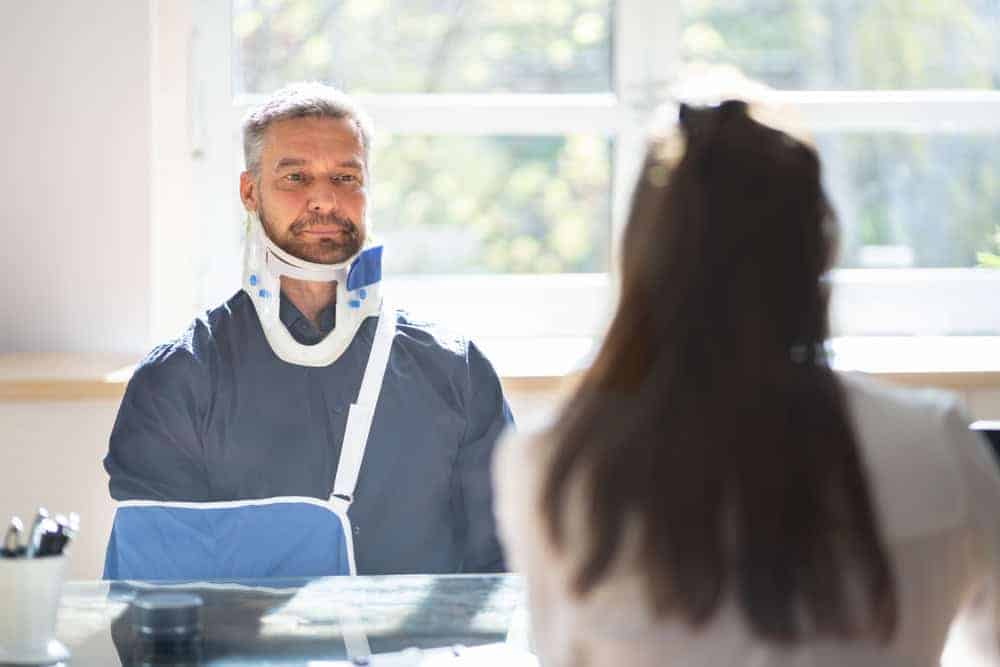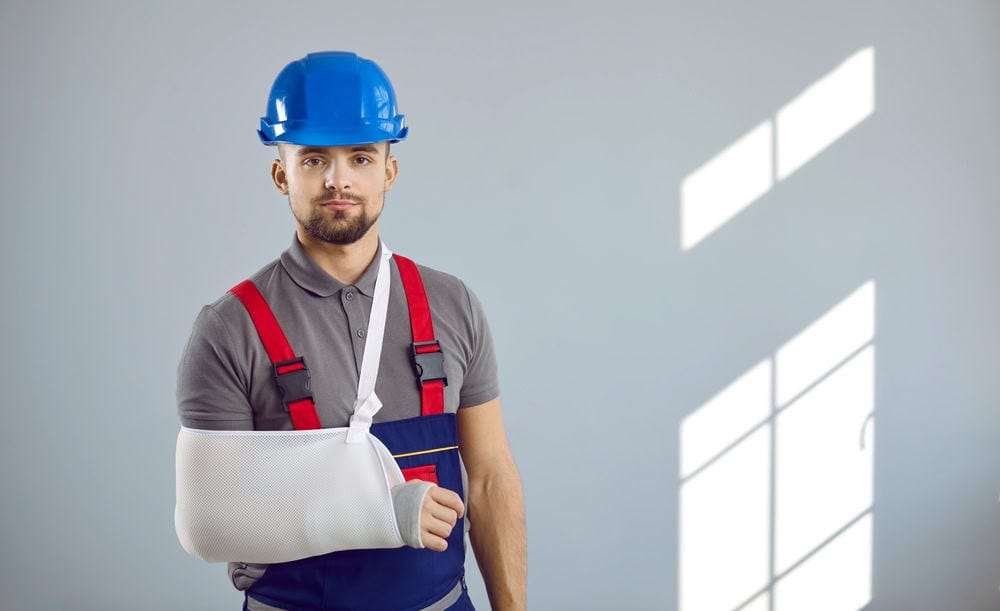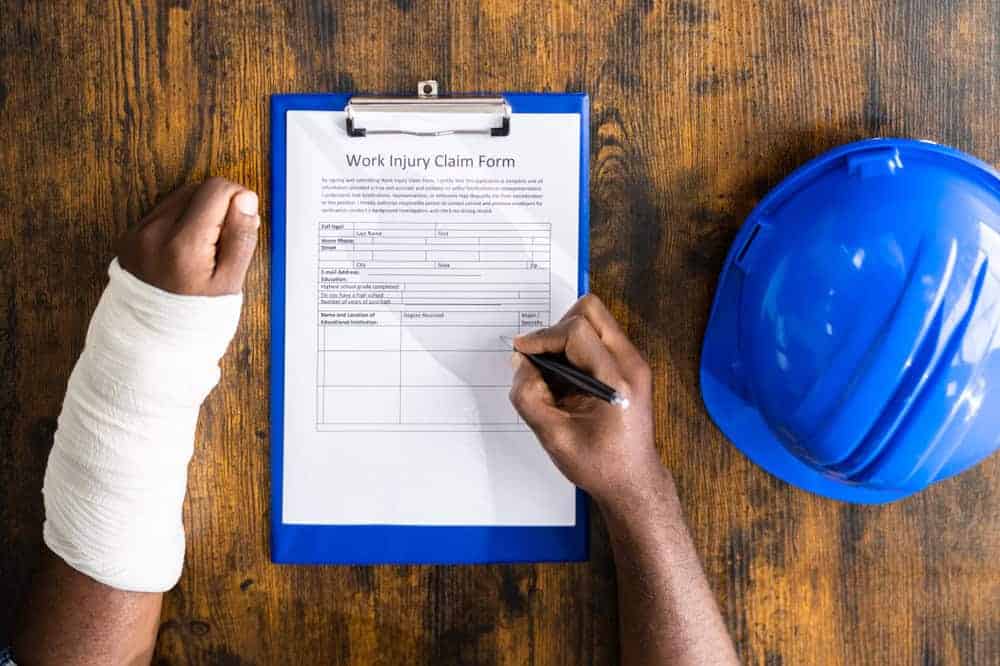Injured on the job in Homestead? NY Spine Medicine provides effective treatment with a workers’ compensation doctor to get you back to work quickly.


Reviews
NY Spine Medicine is committed to assisting injured workers in Homestead. Our skillful approach to workers’ compensation cases sets us apart. We combine medical expertise with a deep understanding of the FL workers’ compensation system. This means we can provide the best possible care while also ensuring a smooth process. Our team includes board-certified physicians and physical therapists with extensive experience in occupational health.


Ready to get started?
Choosing a doctor specializing in workers’ compensation in FL is vital for several reasons. These doctors have specific knowledge of work-related injuries and the state regulations that apply to your case. They can accurately diagnose your condition, provide appropriate treatment, and effectively communicate with your employer and insurance company. Contact NY Spine Medicine at 212-750-1155 to schedule an appointment with a qualified workers’ compensation doctor in Homestead.

Homestead experiences a tropical monsoon climate (Köppen climate classification Am) that borders on a tropical savanna climate (Aw). Summers are hot and humid and high temperatures average between 90° and 92 °F (32° to 33 °C). Winters are warm and dry. The all-time record high temperature is 100 °F (38 °C), on 21 July 1942. Lows in summer average between 70° and 75 °F (21° to 24 °C), with low temperatures in all times of year averaging 5 degrees cooler than coastal Miami, mainly because of its inland and rural location. In winter, the area sees cold fronts bring cold weather for short periods from November to March. The lowest temperature ever recorded is 26 °F (-3 °C), on 13 December 1934, which was recorded at Homestead Air Force Base, some 10 miles east of the town. High temperatures in winter average between 68° and 80 °F (18° to 26 °C), and lows average between 57° and 64 °F (8° to 14 °C). Summer is the season when most of the rain occurs. Homestead has a wet season lasting from mid-May to early October. The dry season sees some rain, with most of it coming with the passing of cold fronts. Snow flurries were reported to have been observed in the air at Homestead Air Force Base, on January 20, 1977, and marked the farthest south that snow flurries have ever been reported in the lower 48 United States.
In August 1992, the Category 5 hurricane Andrew devastated the town, as well as nearby Homestead Air Force Base. Hurricane Katrina caused flooding in Homestead in August 2005. The following October, Hurricane Wilma damaged light poles, grandstands, garages, and sections of catch fence at the Homestead-Miami Speedway, a motor racetrack built in the years following Hurricane Andrew. After Hurricane Wilma, a Homestead man was killed in a tractor accident while clearing debris.
When Hurricane Irma struck Florida in September 2017, parts of Homestead lost electric power. South Dade Center, a low-income housing project for farmworkers, was flooded with rainwater. Residents were without electricity and waste collection for about a week without relief.
Learn more about Homestead.Local Resources
New York:
Florida:
Support